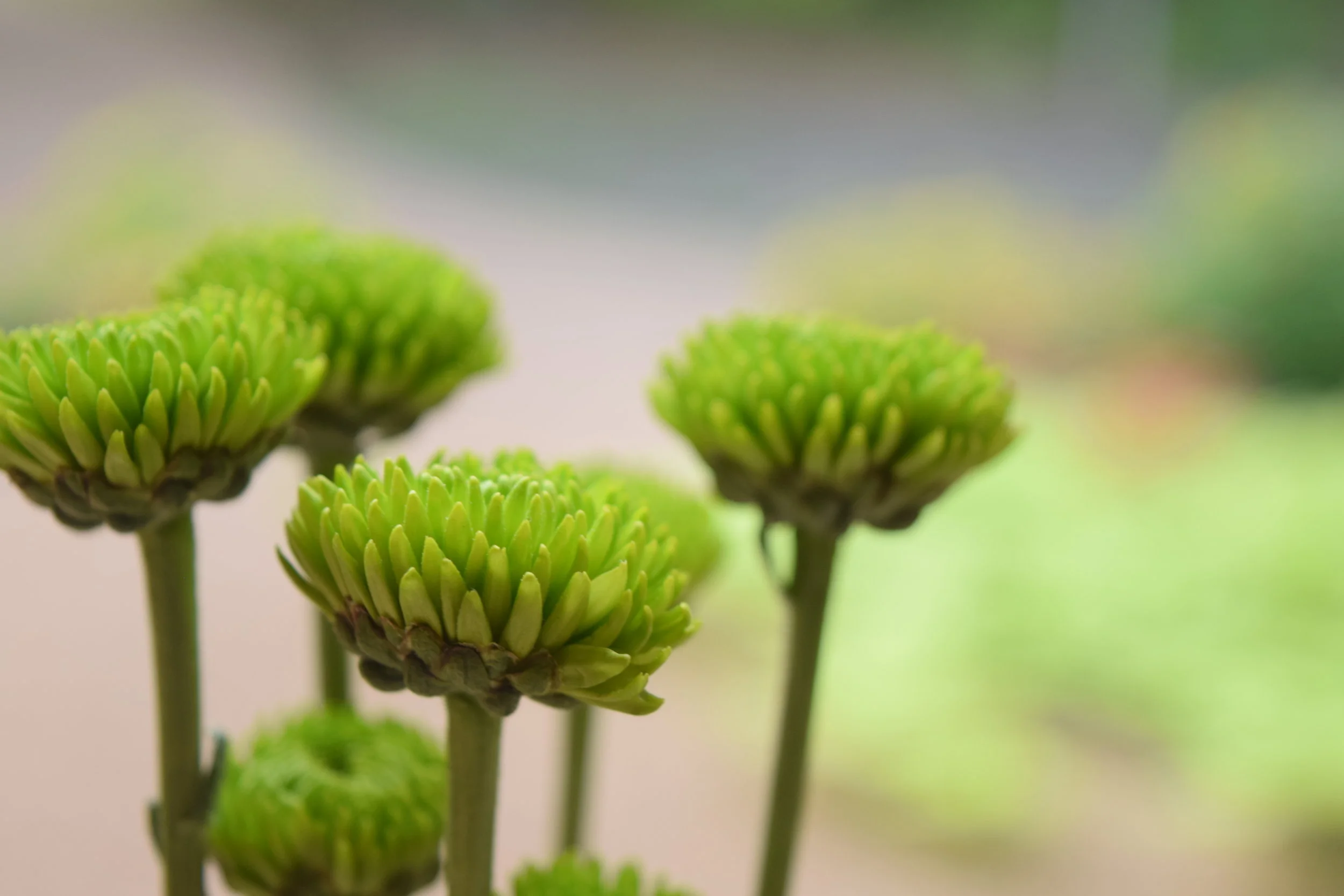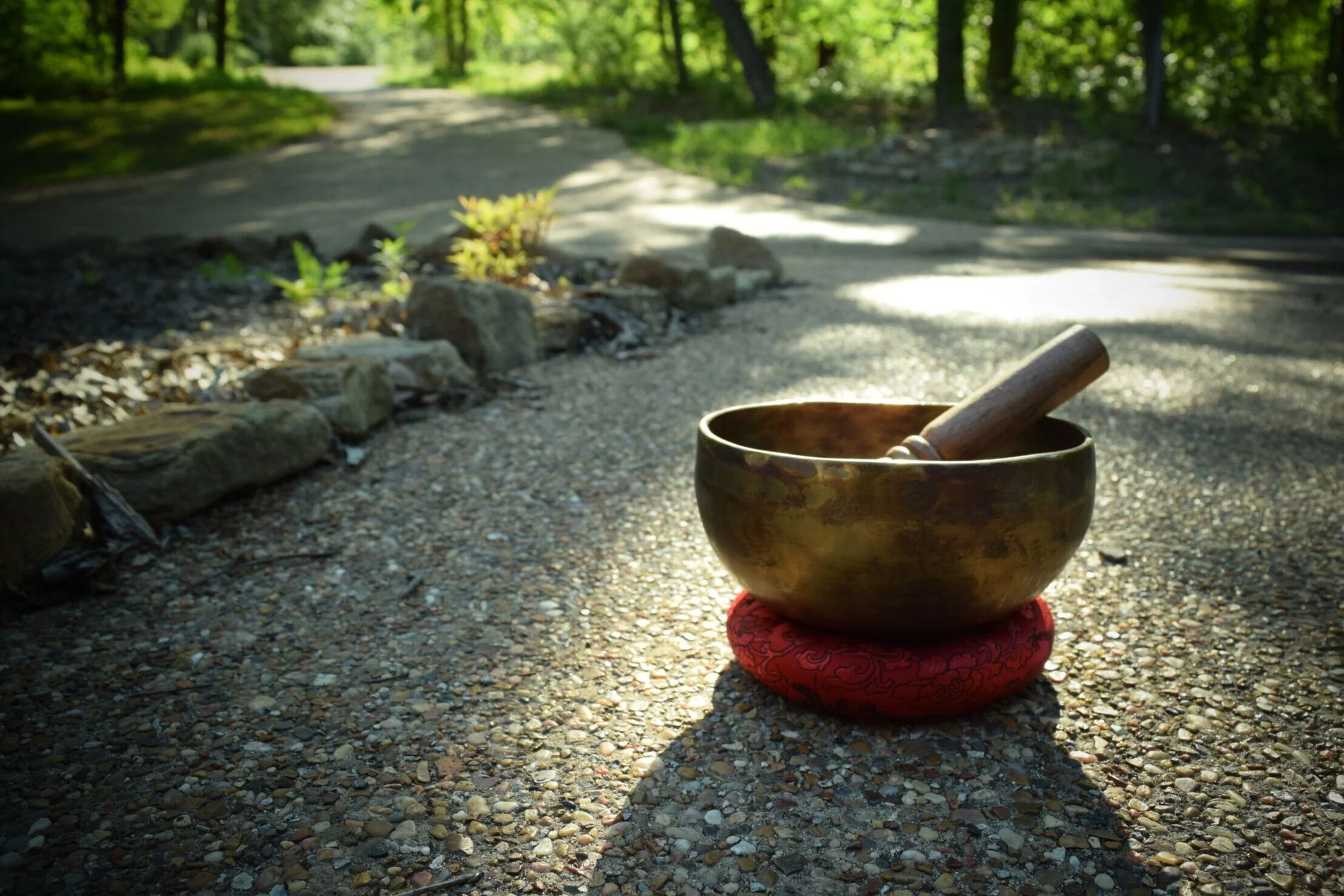The Concept of Non-Attachment: Dealing with Breakups
/A couple of years ago I accompanied my husband to a mediation class being held at the Botanic Gardens here in Fort Worth. While I encourage my clients to practice meditation as a coping strategy, I had little practice myself. This was the perfect opportunity for me to learn more about what it meant to meditate.
Aside from meditation practice, a portion of the class was spent on discussing Buddhist teachings and I was very interested to learn the concept of Non-Attachment. As Buddhist monk, Gen Kelsang Menla, spoke about the downfalls with becoming attached to things or people, it reminded me of the many breakups I hear about in session and the breakups I’ve endured in my past.
One of the things we focus on in therapy when an individual is going through a breakup, separation, or divorce is making an honest and healthy assessment of the relationship. When the individual is not the one who made the decision to part ways with their partner, they tend to exhibit more anxiety and seek ways to remain connected. Their need to salvage the relationship can sometimes get in the way of allowing the hurt partner to view the relationship fairly. They can often feel very overwhelmed with their feelings but reflecting on their relationship can be helpful in moving forward.
Non-Attachment in a Relationship
What I understood of non-attachment is that it is a way to live more freely, to accept impermanence as reality. It is not seeking ownership or control of a partner. Non-attachment is about letting go of expectations and detaching (but not in a bad way). Often, we hear that detaching means to disengage, avoid, or as a way to express lack of love. But really non-attachment allows you to both engage with another in a more honest way and to express mutual love and respect. But, sometimes that can also mean letting go altogether of relationships that no longer work.
The Problems with Too Much Attachment
So, what’s the problem with too much attachment (or any attachment)? Aren’t we supposed to attach to our partner? Okay…maybe. But consider the following:
Too much attachment can impede on healthy boundary setting. When we are too attached to another individual, we are likely to look the other way, loosen our boundaries, and adjust our own values so that we can remain in the relationship. We are no longer true to ourselves.
Too much attachment can promote controlling behaviors in us. Our expectations of what a relationship or partner should be can get the better of us. If we focus too much on controlling other people or situations, we are likely to feel disappointed or let down. And inadvertently, our efforts to keep everything under control to maintain the ideal image can have the opposite effect.
Too much attachment can limit self-growth. It can lead us to use ineffective and unhealthy behaviors to get our needs met. Instead of building on new skill sets, we continue to use the same tried and true (or so we think) methods. Instead of moving through life freely, we give up our autonomy and freedom to be controlled by something or someone else.
Am I Too Attached? And What Can I Do Now?
Reflect on Your Relationship with Fairness and Honesty. How much have you had to adjust of your values and beliefs to be in your relationship? Have they been easy ones to make or have they been challenging? Are they in any way harmful to you or someone else? What role did you play to keep this relationship going? And what fears or concerns do you have with letting it go? Take time to answer these questions so you can be true to yourself.
Limit your communication with your breakup partner or ex. Continuing to keep a connection might feel good now but it does prolong the healing process. While you might not always be able to cut ties completely, minimizing communication in any way you can will be helpful.
Take Time to Heal. Although new relationships can take your mind off your breakup, make this an opportunity to be kind to yourself and realign with your values and beliefs. Take time to be with yourself before jumping into another relationship so that you and your new relationship can be stronger and healthier.
As a couple’s therapist, I continue to work with clients on healing from relationship breakups during this pandemic. Whether a relationship ended because of the strain the pandemic has placed on some couples or maybe it was inevitable, the quarantine and isolation can add an extra obstacle for some individuals trying to get through a breakup. If you’re struggling to cope with your breakup, you may want to consider therapy as an option. Stay safe!
“Attachment constrains our vision so that we are not able to see things from a wider perspective.” Dalai Lama

